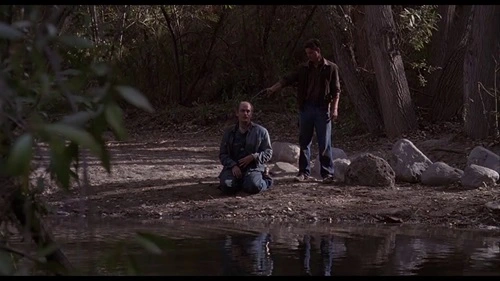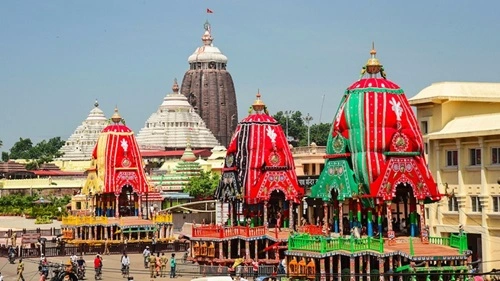John Steinbeck’s novella, Of Mice and Men, concludes with a harrowing decision: George Milton shoots his closest companion, Lennie Small. This act has sparked extensive debate among readers and scholars, raising questions about morality, friendship, and the harsh realities of the world Steinbeck portrays. To comprehend George’s choice, it’s essential to explore the complex interplay of mercy, protection, and the societal context of the Great Depression.

The Bond Between George and Lennie
George and Lennie share a unique relationship, uncommon among itinerant workers of the 1930s. Their companionship is built on mutual dependence: George provides guidance and protection, while Lennie offers unwavering loyalty and physical strength. This bond sets them apart from other characters in the novella, who often lead solitary lives. As George articulates, “Guys like us, that work on ranches, are the loneliest guys in the world… With us it ain’t like that. We got a future. We got somebody to talk to that gives a damn about us.”
Lennie’s Innocence and Unintended Violence
Lennie is characterized by his immense physical strength and childlike mentality. His love for soft things leads to unintended harm, as seen in the deaths of small animals and, ultimately, Curley’s wife. Despite his lack of malice, Lennie’s actions pose significant dangers. Steinbeck uses Lennie’s character to explore themes of innocence and the unintended consequences of one’s nature.
The Imminent Threat of Mob Justice
After the accidental killing of Curley’s wife, the ranch hands, led by Curley, form a lynch mob intent on capturing and killing Lennie. Curley’s desire for revenge is palpable: “Curley demands that they find Lennie and kill him.”
George is acutely aware of the brutal fate awaiting Lennie if the mob reaches him first.
George’s Act of Mercy
Faced with the inevitability of Lennie’s capture and the violent retribution that would follow, George decides to take his friend’s life himself. By doing so, he spares Lennie from a more gruesome death at the hands of the mob. In their final moments, George comforts Lennie by recounting their shared dream, providing him with peace before his death. This act is seen as one of mercy and protection, reflecting George’s deep care for Lennie.
The Death of Their Shared Dream
The dream of owning a piece of land symbolizes hope and freedom for George and Lennie. However, Lennie’s death signifies the end of this aspiration. George’s realization that their dream is unattainable reflects the broader theme of the American Dream’s elusiveness for many during the Great Depression.
Moral and Ethical Considerations
George’s decision raises complex moral questions. Some view his act as a compassionate choice, prioritizing Lennie’s well-being over societal justice. Others interpret it as a tragic necessity, highlighting the harsh realities of their world. Steinbeck presents this moral ambiguity to encourage readers to reflect on the complexities of mercy and justice.
Conclusion
George’s decision to shoot Lennie is a multifaceted act driven by love, mercy, and the desire to protect his friend from a cruel fate. It underscores the profound bond between the two characters and serves as a poignant commentary on the harshness of the world they inhabit. Through this tragic conclusion, Steinbeck invites readers to contemplate the nature of mercy, justice, and the sacrifices made in the name of compassion.



